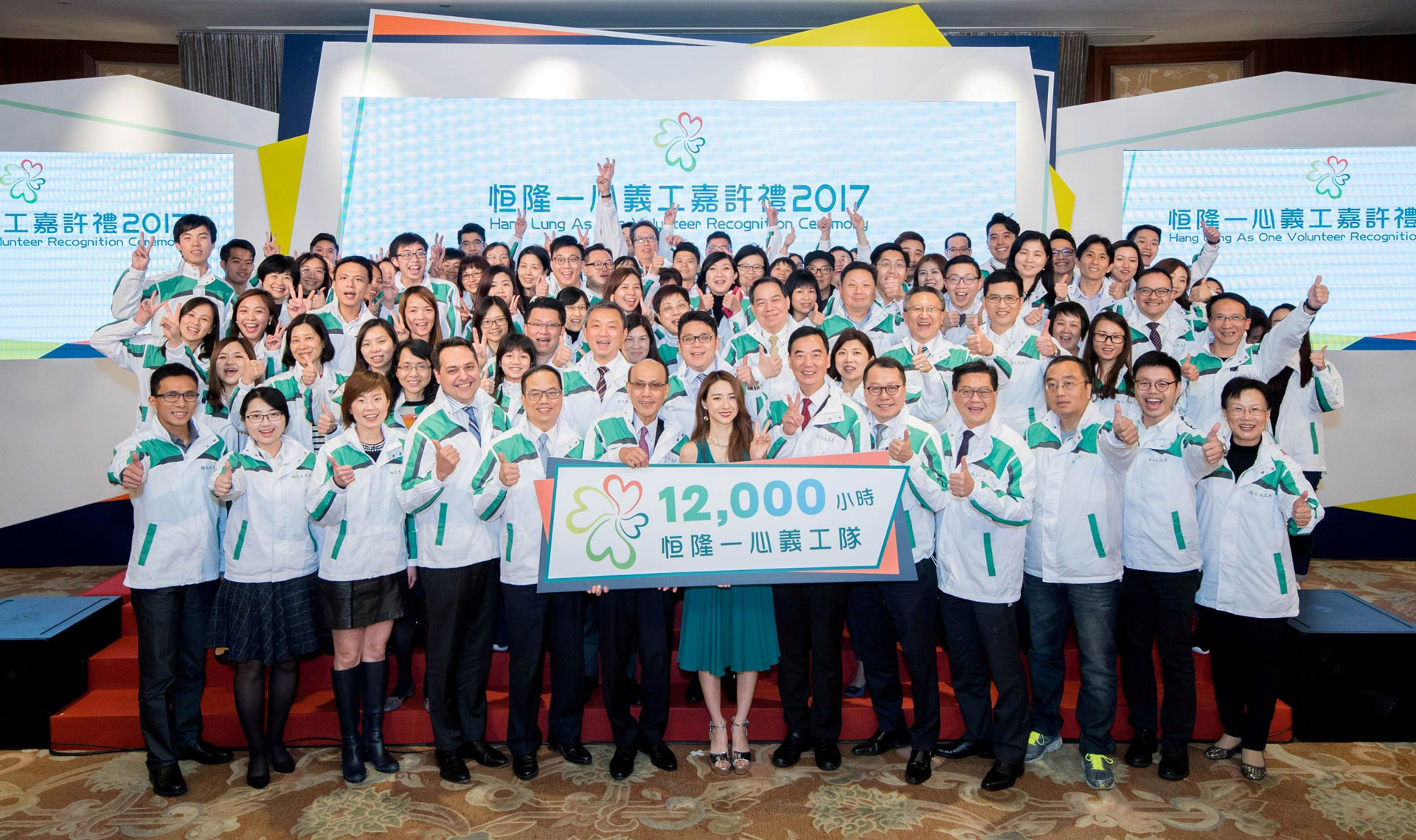C: Would you like to share some words of encouragement for the young, aspiring generation when it comes to engaging in mathematical research?
L: Mathematics is really a useful discipline interrelating with many others. Take physics as an example, the discipline I’m exploring right now. I’m actually combining and applying mathematical tools and methods to figure out various physical phenomena. Unlike mathematicians, physicists generally don’t pursue 100% accuracy in numerical values, but rather make approximations for the next step. However, both need to have a solid foundation in math. In general, Hong Kong students are more interested in answers and neglect other discoveries during the learning process. As a physicist, I hope that my students will not only pursue answers, but more importantly, understand the principles involved and enjoy the whole process of solving problems and other issues that arise during a study, which might even be more interesting.
F: You’ll never know what opportunities or circumstances await. You should therefore seize every opportunity to experience and learn new things, communicate and interact with different people, and build a good foundation of knowledge. In this way, you will certainly be inspired to explore more in the future. As for me, personally, my career path went from studying math in university, and subsequently to an internship in a financial institution, and maybe to one’s surprise, now I am engaged in neurobiology research — this was certainly a path I didn’t expect. I remember I was very impressed with a paper that I read recently, though it was published more than 10 years ago, with the title "Mathematics is biology's next microscope, only better; biology is mathematics' next physics, only better.” Different disciplines can complement each other to develop and progress synergistically, and this is why you should broaden your knowledge base as it will open up more options in future.
C: What are your pastimes? What would be your dream career path if you hadn't embarked on your scientific research career?
L: I like traveling. I once worked and lived in Germany for two to three years, and visited 16 European countries at that period. That was quite a "proud" achievement. If I hadn’t embarked on my scientific research career, I might have become a tour guide, sharing with tourists about the history and stories of different places across the globe. I might also have returned to Hong Kong and become a physics teacher in a secondary school so I could pass on my passion for physics to future generations.
F: I like going to parks, strolling and enjoying the flower bloom. I also like meeting up with my old fellow students to have dim sum in Chinatown to savor the taste of Hong Kong. I haven't been able to come back to Hong Kong for three years because of the pandemic! I enjoy watching cooking shows too. I even took up knitting last year. All these are excellent stress relievers. I believe I would have pursued a career related to mathematics and research if I didn’t go into biology. Well, no matter what field I was in, I’d be certain that I would be able to put my love of math to good use.




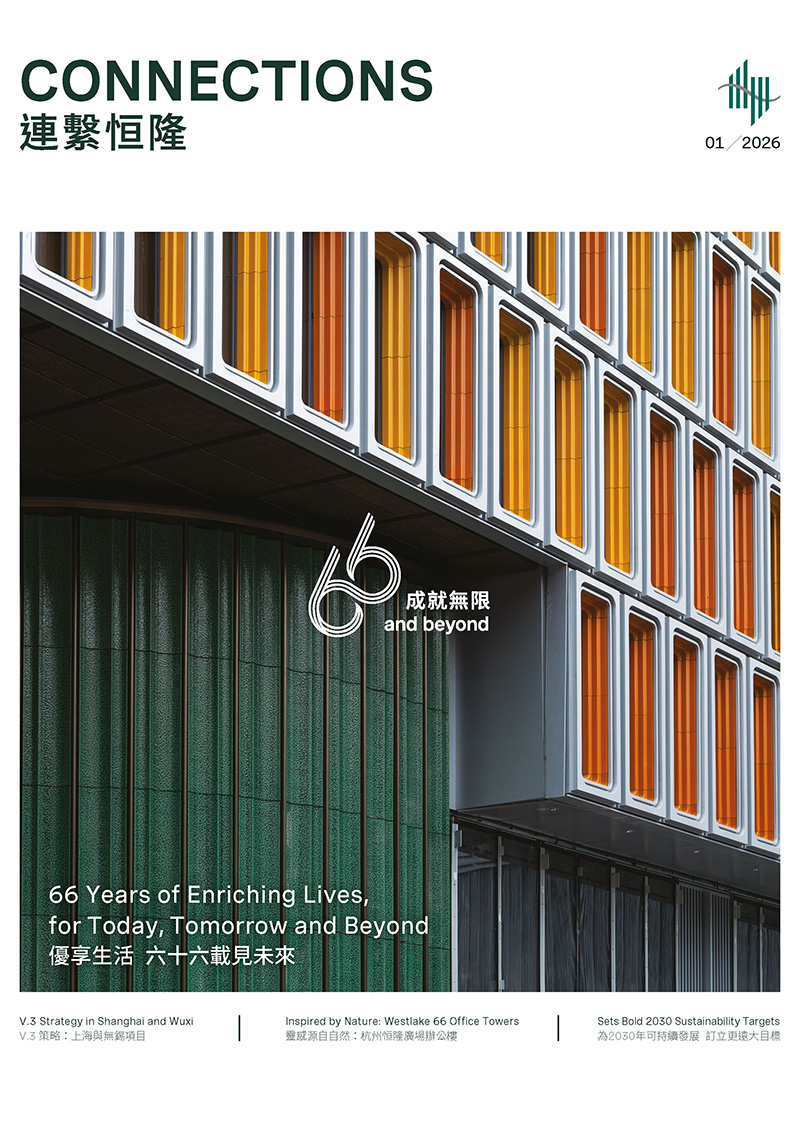
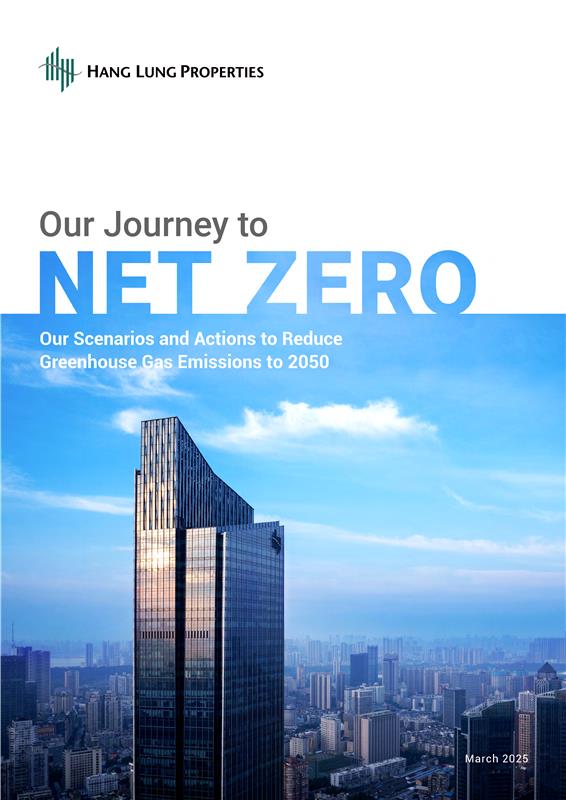.png)








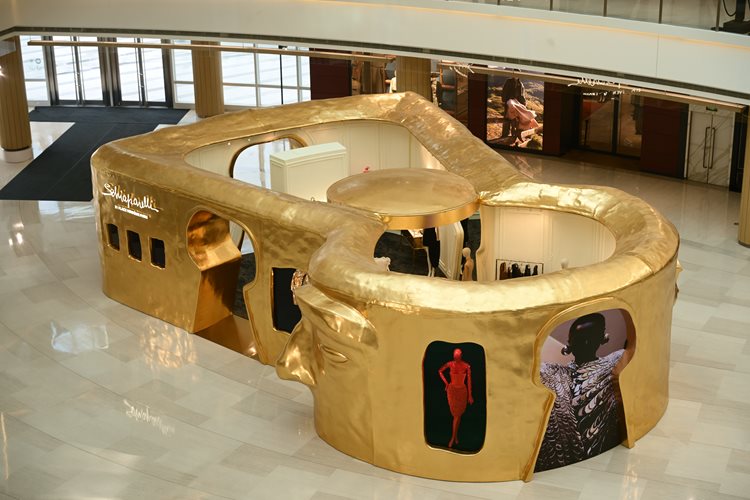


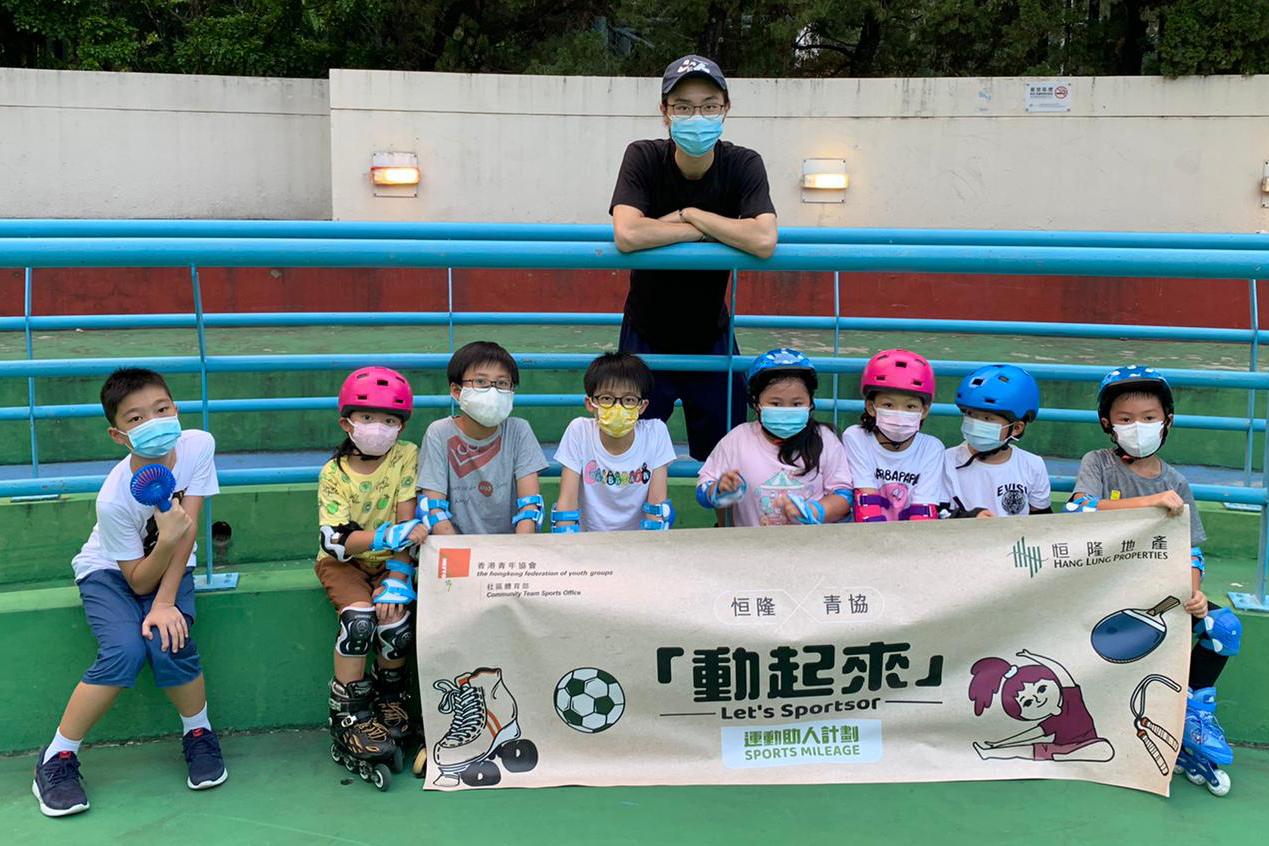
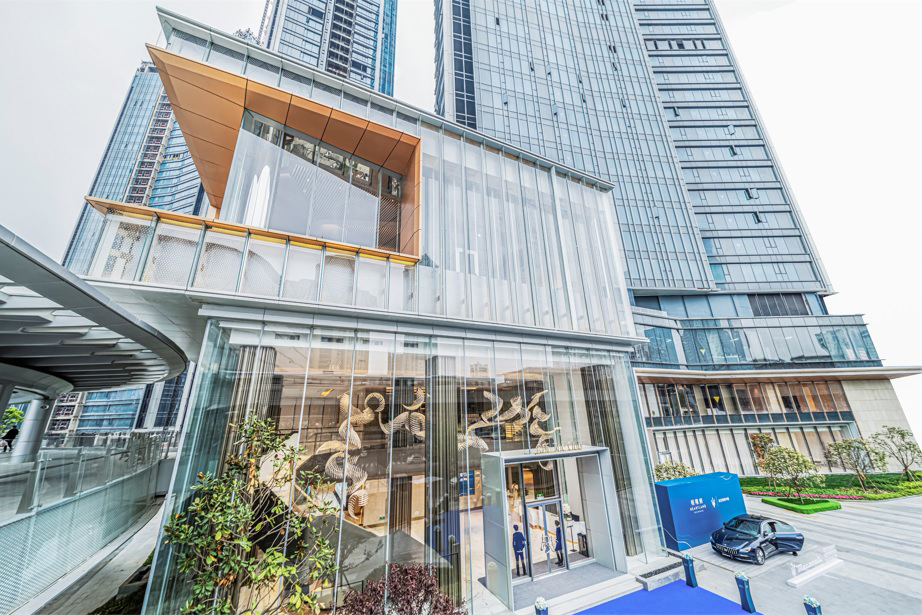
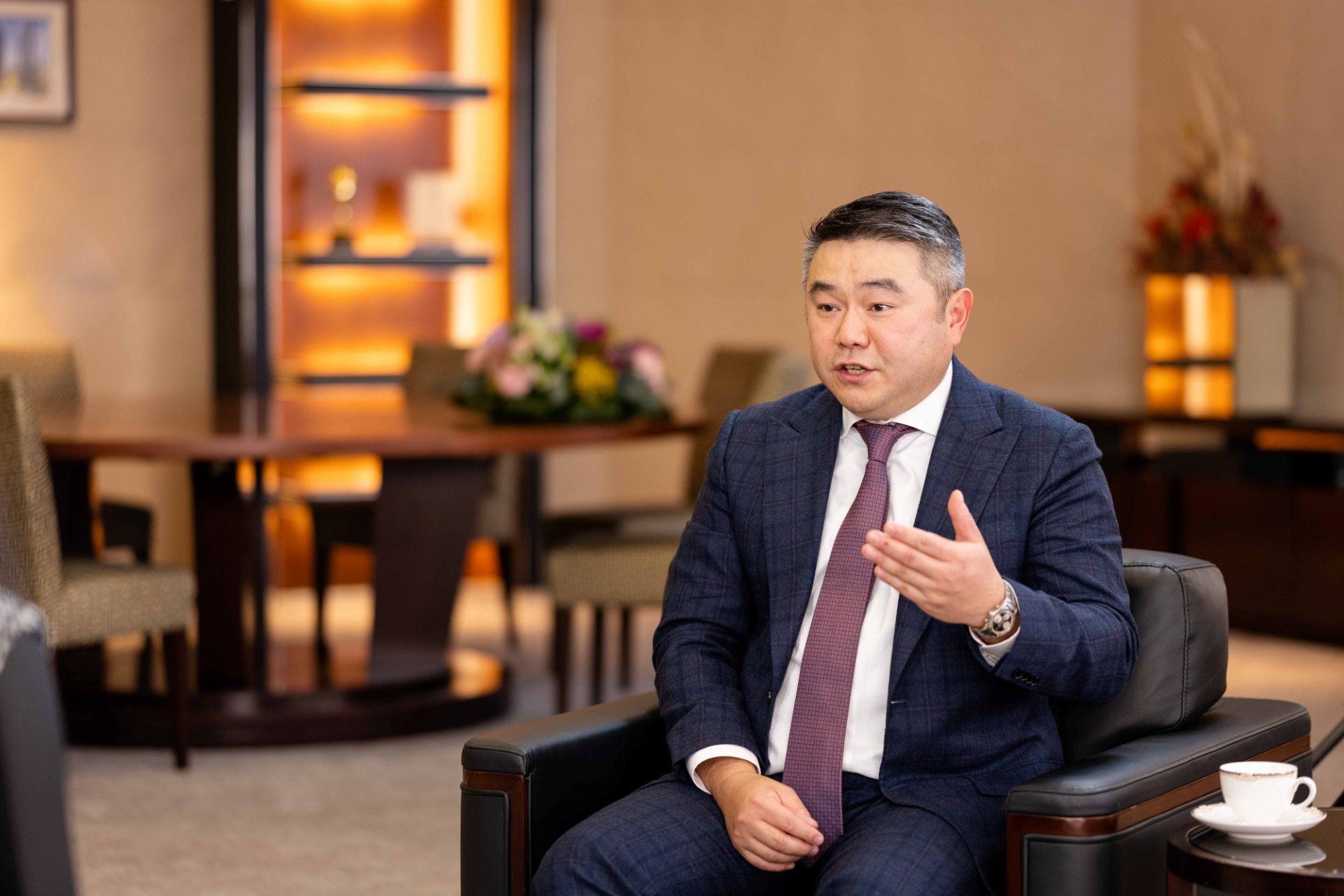
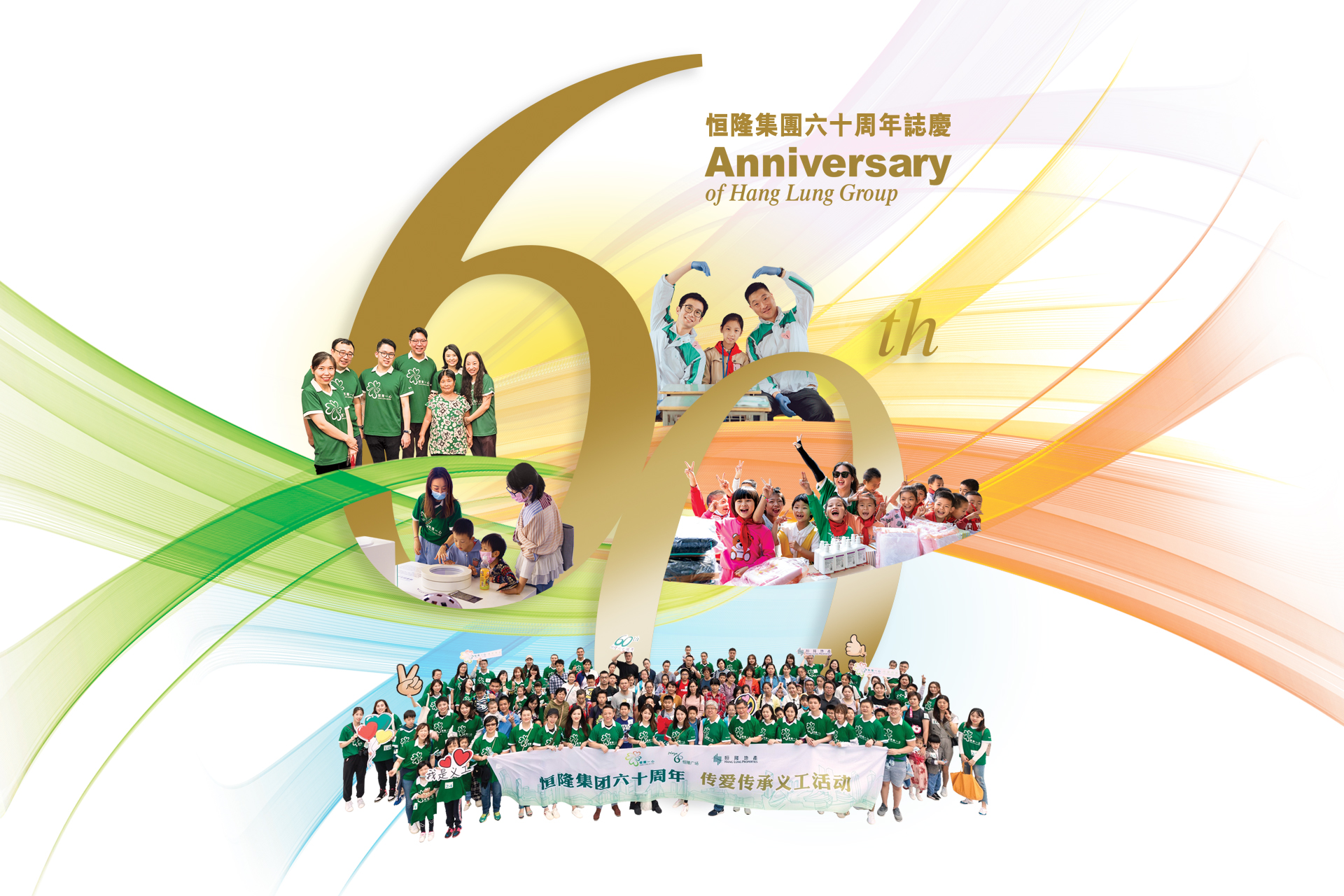
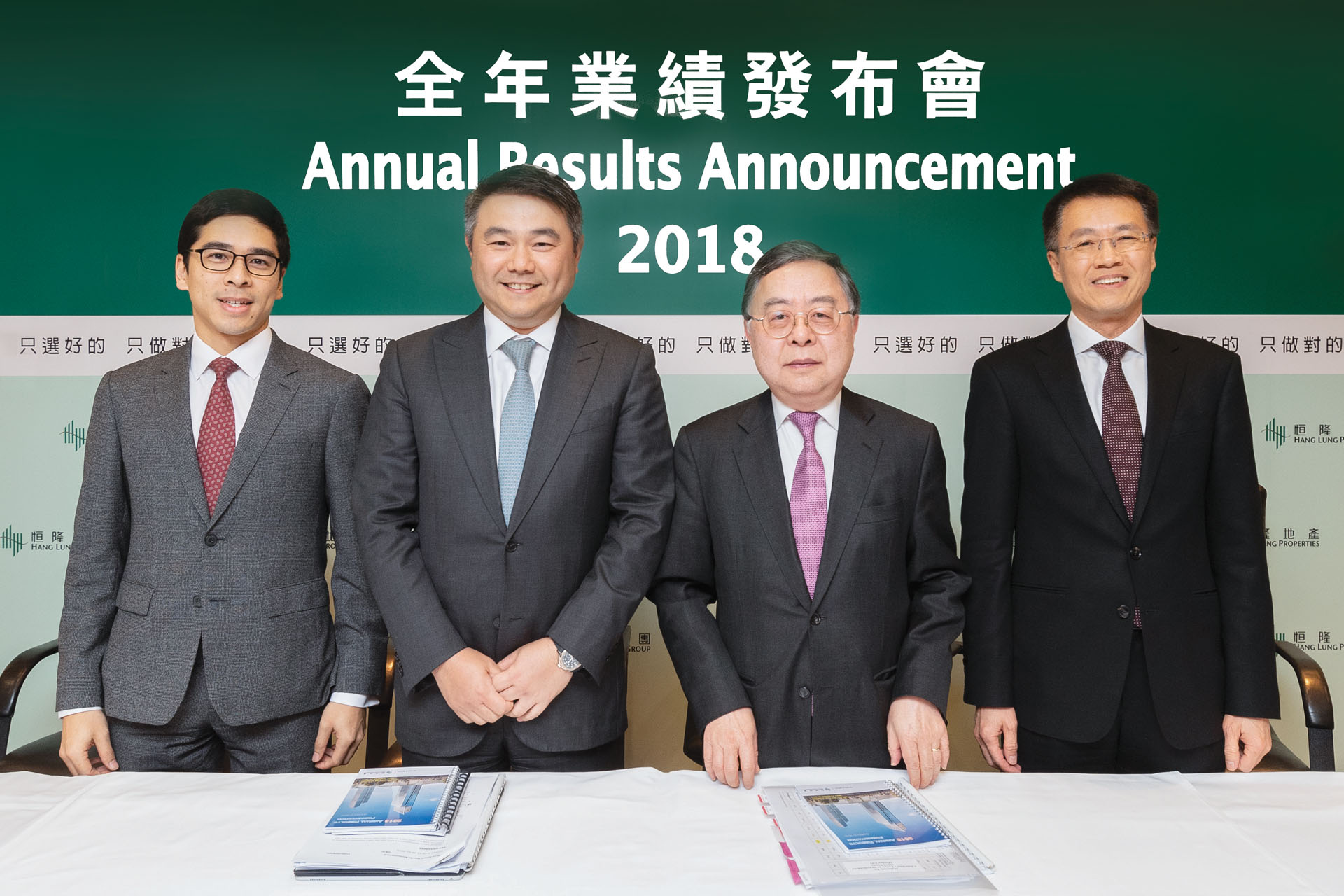-small.jpg?width=1920&height=1280&ext=.jpg)
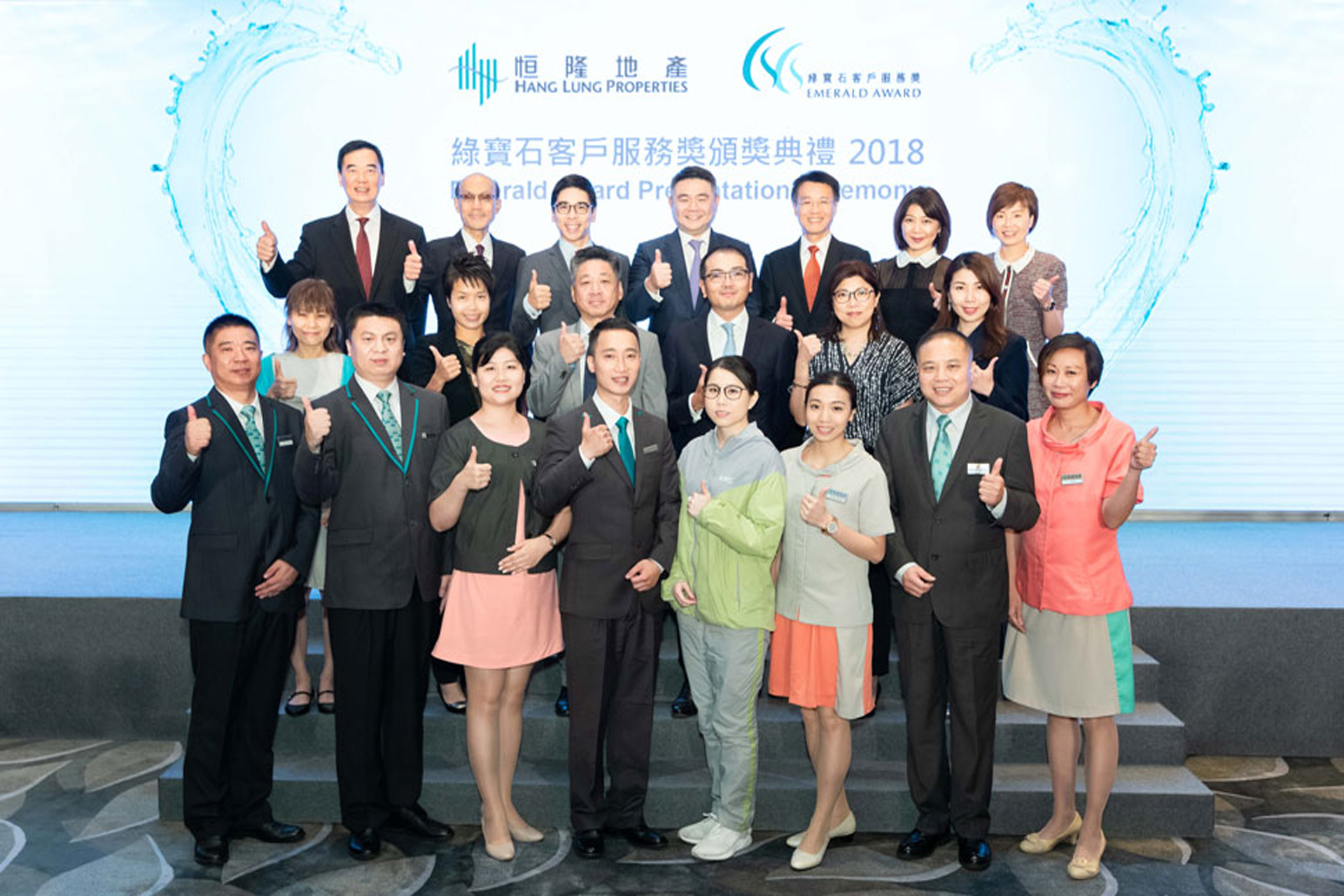.jpg?width=1920&height=1280&ext=.jpg)
